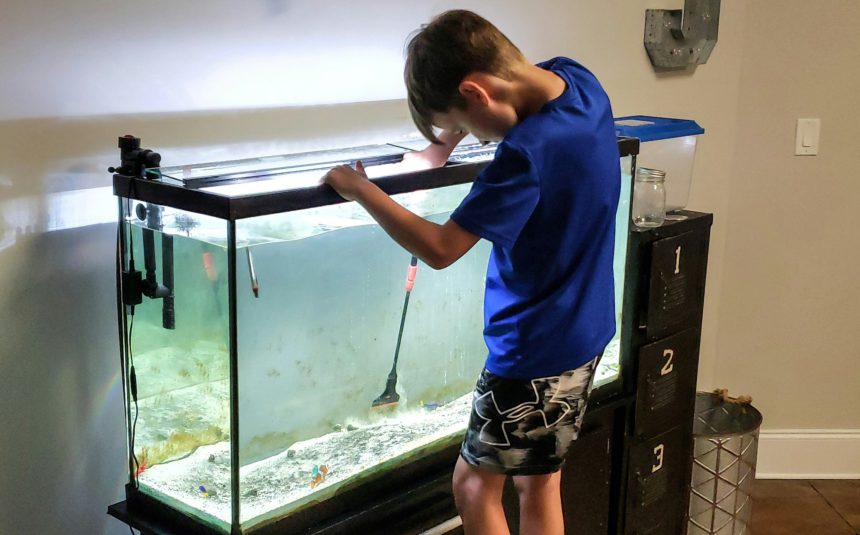The children responsible are those who have learned to assume their duties and to be autonomous in making decisions. Responsibility is an essential feature for success and happiness in life, and its development in children is an important process for parents. But how can we encourage responsibility in children? Here are some practical and effective tips that can help you in this process.
1. Model Responsible Behaviour
One of the most effective ways to encourage responsibility in children is to be a responsible behavior model. Children learn through observation and imitation, so it is important to show them how to be responsible through their own actions. Be consistent in carrying out your tasks and promises, show them how to take on responsibilities and solve their problems. Children will be more likely to be responsible if they see you, their parents, as role models.It’s responsible behavior.
Two. Involve them in making decisions
Another effective way to develop responsibility in children is to involve them in decision-making. Give them the opportunity to express their opinions and to participate actively in the decision-making process. This will help them develop their critical thinking and accountability skills for decisions made. It is important to let them make mistakes and learn from them so that they can become more responsible in the future.
Methods proven to develop responsibility in children
The development of responsibility in children is an ongoing process and requires the use of effective methods. Here are some proven methods that can help to develop responsibility in children.
1. Set clear and realistic expectations
An important first step in the development of child responsibility is to establish clear and realistic expectationse. Tell your children what you expect from them and clarify what responsibility means in different contexts. Ensure that expectations are appropriate to their age and level of development, so that they can understand and meet those expectations.
Two. Give them appropriate tasks and responsibilities to their age
Another important aspect in the development of child responsibility is the provision of appropriate responsibilities and responsibilities for their age and level of development. Start with easy and simple tasks, such as making your bed or tightening your toys. As children grow up, you can give them more complex tasks and involve them in day-to-day activities such as preparing meals or managing pocket money. These tasks will help them develop their planning, organisation and accountability skills.
Responsibility in children: withm to teach them to be autonomous and take on tasks
Autonomy and accountability are important aspects in the development of child responsibility. Here are some effective ways to teach children to be autonomous and take on tasks.
1. Give them the freedom to make decisions
To help children become autonomous and take responsibility, it is important to give them the freedom to make decisions. Allow them to make choices within the limits set and to experience the consequences of these elections. This will help them develop their critical thinking and accountability skills for their own actions.
Two. Encourage them to solve their problems
Another effective way to teach children to be autonomous and take responsibility is to encourage them to solve their problems. Give them support and guidance, but allow themfind solutions to the problems they face themselves. This will help them develop their problem-solving and responsibility skills for their own lives.
